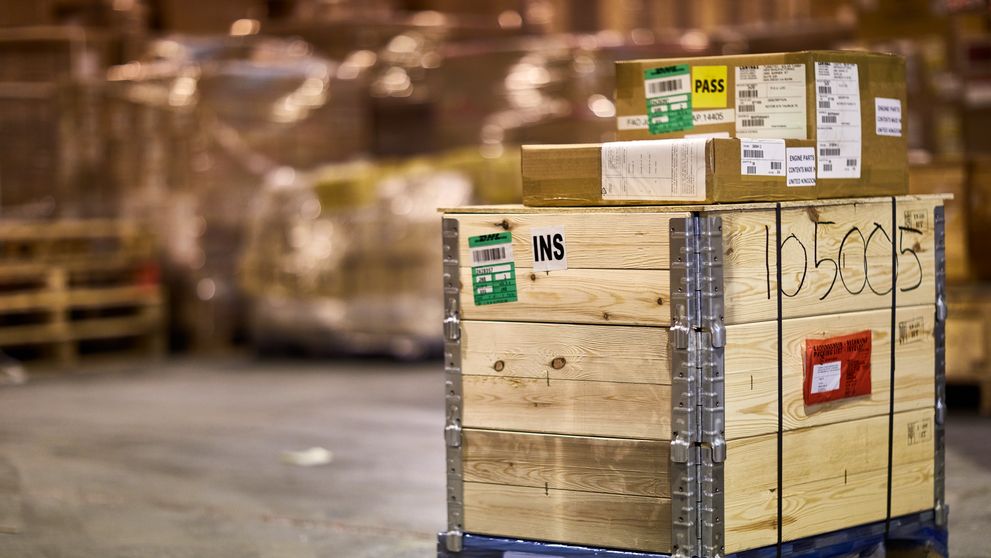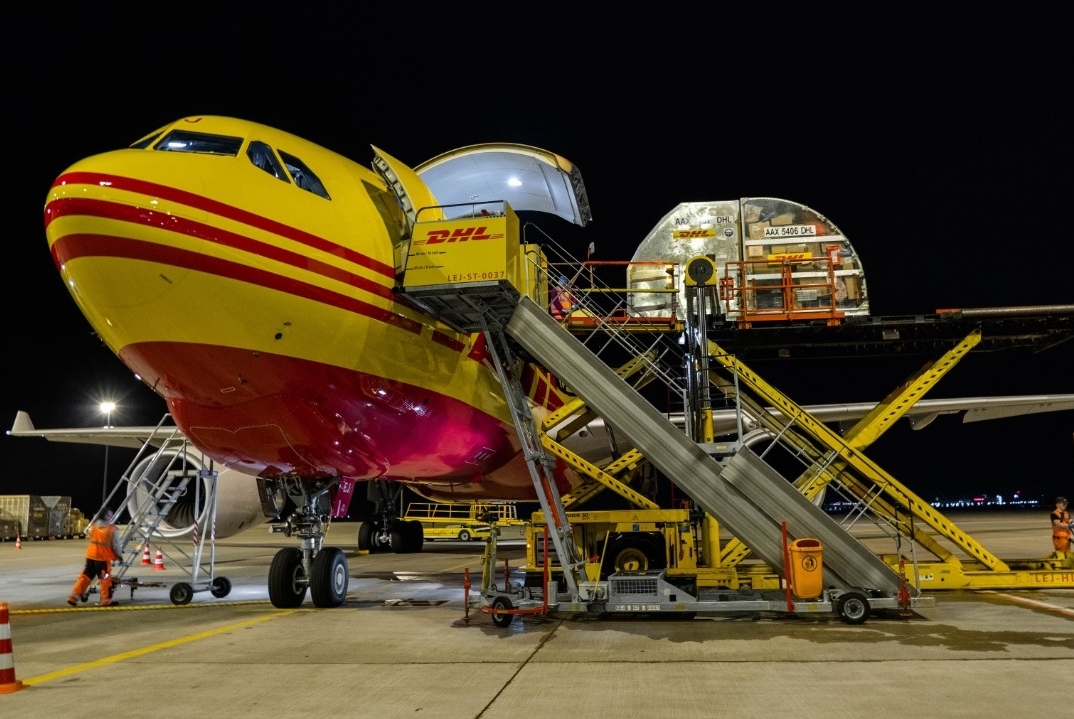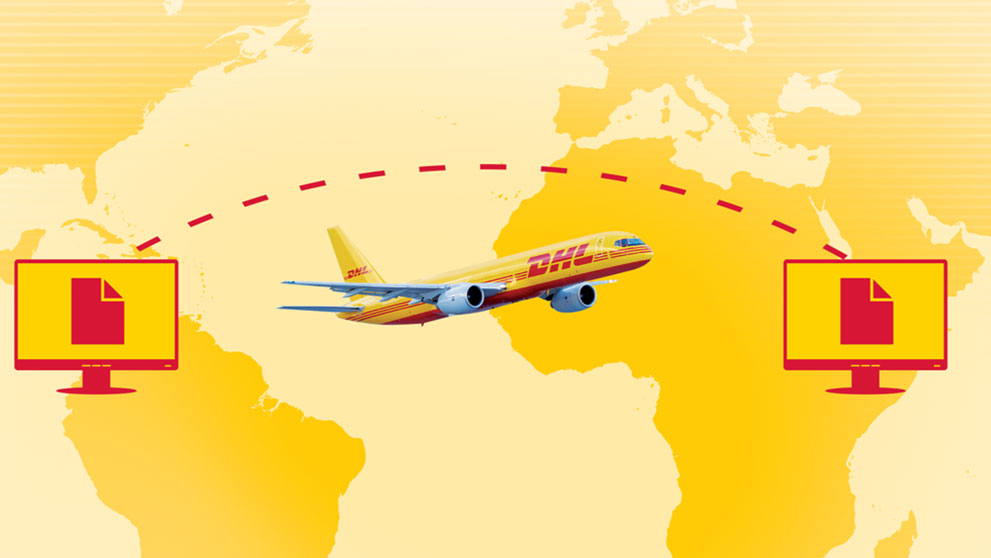
Airway Bill / Waybill / Tracking Number (AWB)
A 10 digit numerical code (no letters) that is used to track your parcel.
ATA Carnet
The ATA Carnet is an international Customs document that facilitates the tax-free and duty-free, temporary import / export of goods and is valid for up to one year.
Australian Business Number (ABN)
A unique 11-digit identifier issued by the Australian Business Register to identify a business or organisation to the government and community.
Bonded Goods
Goods where the customs duty has not yet been paid. These are goods are stored in a secure 'bonded' warehouse under the supervision of customs authorities, until the duty is paid or legally dealt with.
Certificate of Origin
A Certificate of Origin or Declaration of Origin is a document widely used in international trade transactions, which attests that the product listed therein has met certain criteria to be considered as originating in a particular country.
Client Code (IC)
Client codes are only issued to New Zealand entities (such as registered New Zealand companies). A client code is a unique number that identifies commercial importers and exporters. It is required as part of the import and export entry preparation and Customs clearance for shipments valued at NZ$1000 or more. If you are not a registered NZ Company and planning on bringing items into New Zealand (importing), or sending items overseas (exporting) that are worth over NZ$1000, you need to apply for a Customs Number.
Convention on International Trade in Endangered Species (CITES)
An international agreement between governments to ensure that international trade in specimens of wild animals and plants does not threaten the survival of the species.
Costs, Insurance and Freight (CIF)
An abbreviation used in some international sales contracts. When the selling price includes “Costs, Insurance and Freight” for the goods sold - this means that the seller arranges and pays for all relevant expenses involved in shipping goods (from their point of export to a given point of import). In trade statistics, “CIF value” means that all figures for imports or exports are calculated on this basis, regardless of the nature of individual transactions.
Country of Origin (CO)
Country of origin represents the country or countries of manufacture, production, design, or brand origin where an article or product comes from. For multinational brands, CO may include multiple countries within the value-creation process.
Customs Duties
Customs Duty is a tariff or tax imposed on goods when transported across international borders. The purpose of Customs Duty is to protect each country's economy, residents, jobs, environment, etc., by controlling the flow of goods, especially restrictive and prohibited goods, into and out of the country.
The receiver is responsible for paying any duties and taxes that may apply. Some commodities may have a duty exemption or discount depending on type of good, country or manufacture and country sent from. Please use this tool to get an estimated duties cost on imports to NZ only.
Cut Off Time
The cut-off time is the latest time that a shipment can be collected in order to make the scheduled transit time.
De Minimis
A de minimis is a threshold that exempts imports from duty and or tax/VAT and differs by country.
The minimum cost at which Duties & Taxes (D&T) will be triggered is NZD $1000.00 (including shipment value & freight cost). If you import multiple orders that arrive on the same day from the same supplier, Customs will consider them to be a single shipment and thus may take the value of your order over the NZD $1000.00 threshold.
Deferred Account
Companies that import products into New Zealand can apply to NZ Customs for a deferred payment account. This account enables them to: delay paying Customs charges for up to 7 weeks. Pay a month's transactions in a single payment.
Description of Contents
A detailed description of the items inside your shipment.
Domestic Shipment
Shipments sent within New Zealand.
Duties & Taxes Paid (DTP/DDP)
When transporting goods across international borders, shipments are subject to duties and taxes as determined by customs in the destination country based on value, origin and commodity type.
When Duties and Taxes Paid (DTP) or Delivered Duty Paid (DDP) is selected, this indicates that the shipper or account holder incurs the full costs of the shipment, including any duties or taxes that might be incurred from customs.
Delivered Duty Unpaid (DDU)
Delivered Duty Unpaid (DDU), is an agreement that states that the seller will claim all responsibility and risks involved in delivering goods to a destination. After the goods arrive, the buyer becomes responsible for paying import duties and further transport costs.
Economic Operators Registration & Identification Number (EORI)
European Union registration and identification number for businesses based in Europe and used to complete the Customs Clearance process.
Electronic Data Interchange (EDI)
Electronic data interchange is the concept of businesses electronically communicating information that was traditionally communicated on paper, such as purchase orders, advance ship notices, and invoices.
Electronic Export Information (EEI)
Electronic Export Information (EEI) is an online submission of shipment information to the Census Bureau of the USA Department of Commerce to control exports and compile trade statistics. Shipments that require you to file EEI will generate an Internal Transaction Number (ITN) from the USA Government. This is required before a shipment can leave the USA and be exported internationally.
Employee Identification Number (EIN)
Also known as the Federal Employer Identification Number or the Federal Tax Identification Number, is a unique nine-digit number assigned by the Internal Revenue Service to business entities operating in the United States for the purposes of identification. Required to complete the export customs clearance process for USA export shipments over USD $2500.00.
eSecure
DHL system which provides an advanced security feature preventing unauthorized use of DHL Express account(s).
Excise
Excise is a tax on alcohol, fuel and tobacco products by NZ Customs.
Export Entry Transaction Fee (EETF)
The fee payable for export of goods. Export shipments valued over NZD $1000.00 will be charged an EETF by NZ Customs.
GST
Goods & Services Tax imposed by the country customs (15% for all items imported into New Zealand, including items purchased online).
GSTIN / Aadar Card Number
GSTIN, known as GST Identification Number, is assigned to every GST registered person. All non doc shipments going in and out of requires GSTIN / Aadar card number in India to start customs clearance process.
Harmonised Systems CODE (HS)
The international system published by the World Customs Organisation that sets out in a systemised form the goods handled in international trade. Goods are grouped in Sections, Chapters and sub-Chapters that are governed by rules. It is used by customs authorities around the world to identify products when assessing duties and taxes and for gathering statistics.
Import Transaction Fee (IETF)
Import shipments will be charged the IETF by NZ Customs when the duty and/or GST liability is NZD $50.00 or more.
Importer of Record (IOR)
Provides a service for situations when a company is importing goods into a country where it has no representation and/or it wants the asset to remain the property of the exporter/shipper/origin company.
Incoterms
Selling terms that the buyer and seller of goods both agree to during international transactions.
International Shipment
Sending or receiving a shipment from outside of New Zealand
Invoice (Proforma or Commercial)
As part of customs paperwork, each shipment must have a detailed breakdown of all items contained in the shipment. Pro-forma invoices are used when items shipped have not been purchased and are not intended for resale (like personal items, gift or a return shipment), while commercial invoices are used when items shipped are part of a commercial transaction (between the buyer and seller of the goods). Find out more here.
Landed Cost
A landed cost is the total amount you can expect to pay for transit costs, including insurance charges as well as applied duties & fees.
Master Reference number (MRN)
Suppliers in Germany need to apply for this number with customs for all shipments that are over EUR 1000.00.
MyDHL+
DHL system which provides a single login to access the suite of DHL Express shipping tools. MyDHL+ allows customers to print labels, schedule courier pickups, store addresses, track shipments and manage their international shipping process, reducing paperwork and saving time and money.
Nota Fiscal Electronica (NF-e)
All shipments coming out of Brazil need this. Only suppliers in BR can book shipments. Account holders cant complete the booking in MyDHL+.
On Demand Delivery (ODD)
A DHL Express system which allows customers to choose how, when and where we deliver your shipment. Customers can enable delivery notifications & view estimated delivery date.
Phytosanitary Certificate
A phytosanitary certificate is often required when importing or exporting any agricultural products. These documents verify that plants or plant products being shipped have been inspected and are deemed free from quarantine pests according to the importing country's phytosanitary regulations.
Prohibited Items
These are items that cannot be sent on the DHL network. There are some obvious things that you cannot send with DHL (such as animals, illegal substances, guns and explosives for instance). But there are also less obvious items that DHL can’t transport, including aerosols, perfumes, aftershaves, eau de toilettes and cash. You can read more information here.
Proof of Delivery (POD)
Evidence of the date, time, address and how a shipment was delivered. Electronic Copy can be viewed online or emailed to the customer. For home delivery to consumers, we only ask for a signature if the shipper has opted for this option. The signature is immediately displayed in track and trace. If the recipient has set up an Agreed Place, the courier can place the shipment there. In that case, he takes a photo as proof of delivery.
PROVIEW
DHLs online monitoring system that customers can see the status of a shipment at a glance and be automatically informed about this by e-mail or SMS.
Security Inspection
DHL will inspect a shipment by physically opening and examining the contents or putting the shipment through an X-Ray machine. This is to check for any restricted or prohibited commodities, hazardous material or contraband.
Shipment
A parcel or several parcels being sent together.
Third Party Customs Broker
A non-DHL Customs agent nominated by the shipper or receiver to clear their shipments directly with the local government Customs authorities.
Tracking / Track and Trace
DHL Express tracking keeps you informed as your shipment moves throughout our network. From the moment we take possession of the shipment until final delivery. Tracking online is the fastest way to check the status of your shipment(s). The tracking results provide real-time details of your shipment’s progress as it speeds through the DHL network. You can track your shipment here.
Transit Time
The total number of business days it takes for a shipment to be delivered, excluding the day of collection.
United Nations EDI for Administration, Commerce and Transport (UN/EDIFACT)
EDI (Electronic Data Interchange) Standards are developed and supported by the UN for electronic message (data) interchange on an international level.
Volumetric Weight
Volumetric weight refers to the overall size of a parcel and is measured in volumetric kilograms. Volumetric weight can be calculated by multiplying the length, width and height of a parcel (in cm) and dividing that figure by 5000. DHL charges the greater of the actual or volumetric weight.





























